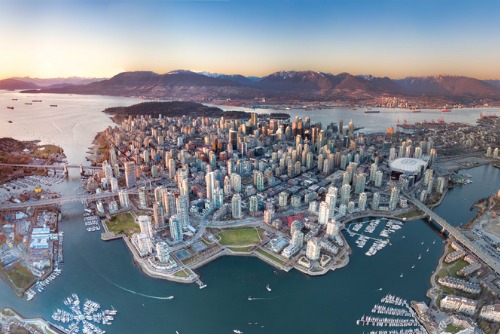Among the most popular investment choices are developments situated near transport nodes and routes

Metro Vancouver’s urban enclaves – expansive developments that feature a diverse selection of asset classes – are attracting significant investment volumes, according to a new analysis by Avison Young.
This is especially apparent in the large mixed-use developments situated near existing public transport routes. Capital is drawn in by the wide-ranging opportunities across multiple property types, along with various community amenities.
“As land prices have risen and the availability of development sites declined, investor interest has grown exponentially in the redevelopment of typical low-rise shopping centres and the adjacent surface parking lots that form a substantial part of most traditional car-centred regional malls,” Avison Young stated.
“Metro Vancouver and its constituent municipalities have encouraged developers to build along transit corridors and allowed higher densities at development sites that had long been established as commercial retail nodes such as regional malls.”
Activity in this segment might help offset the less-than-ideal state of the region’s residential market. Considerably tightened housing policies were mainly responsible for lower resale activity in BC, according to Vancouver’s Central 1 Credit Union.
Since the end of 2018, home sales in the province have fallen by a significant 40%. These conditions have forced hopeful buyers to refrain from purchases, and potential sellers to wait on the margins for signs of recovery.
Residential property transactions are also likely to further shrink by an estimated 11% this year, Central 1 warned.
Another aspect to consider is Vancouver’s rapid-fire introduction of several foreigner-aimed regulations like speculation taxes.
These levies, along with the Landowner Transparency Act, were identified as the main element pushing investors away towards Toronto.
“You have policy changes on a snap, on a whim,” CBRE Ltd. executive vice president David Ho said earlier this month. “Investors typically look at stability in a market and this is not stability.”



